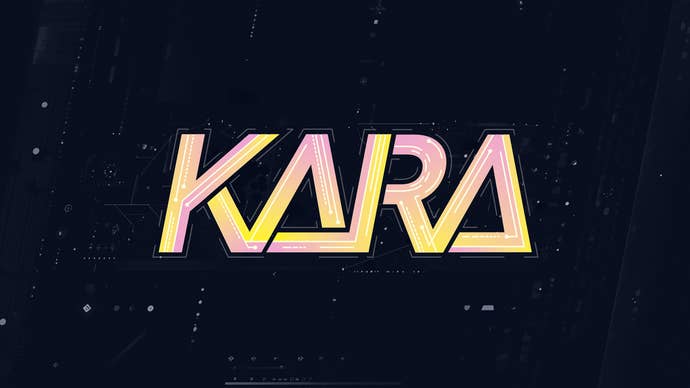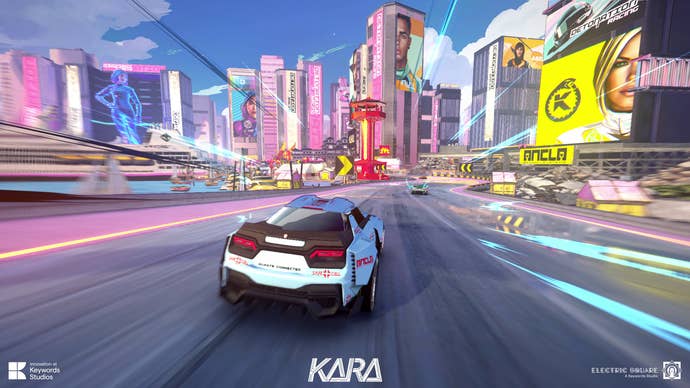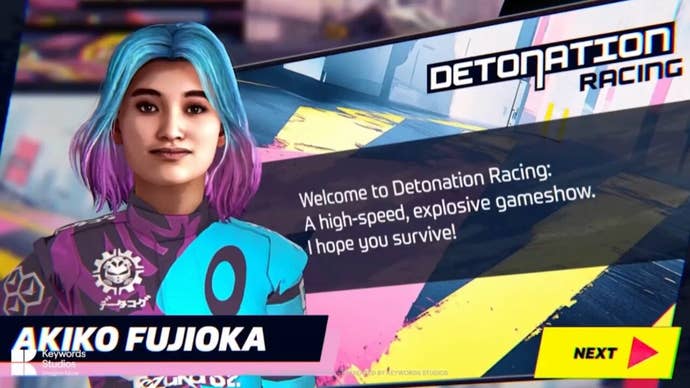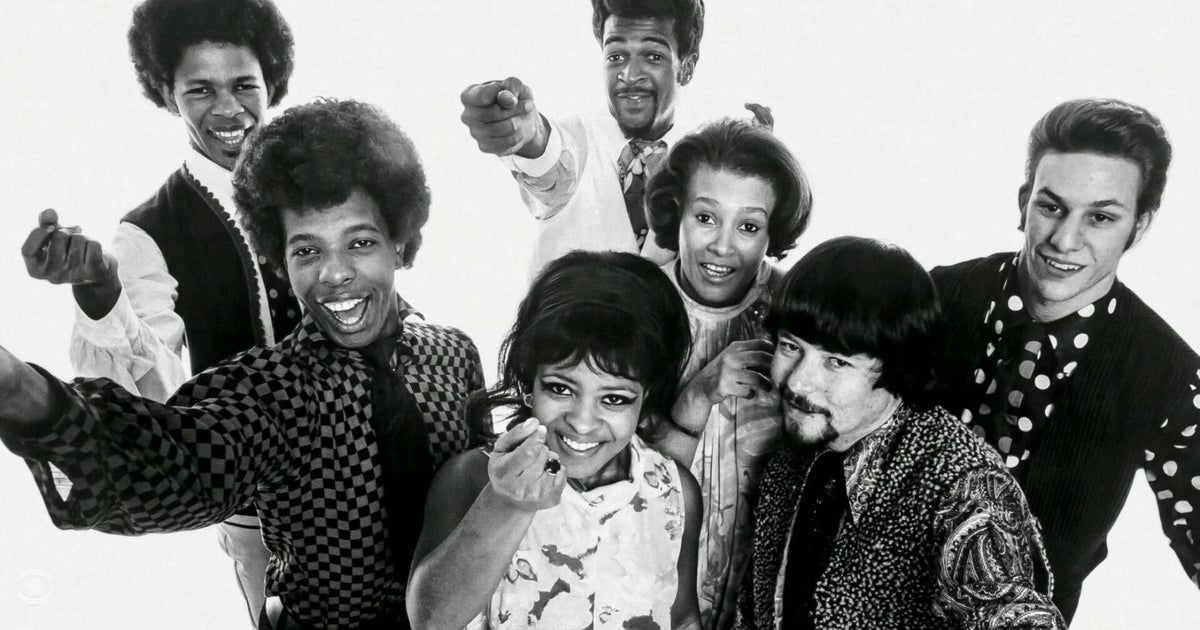
Remakes and remasters are big business these days. As technology improves, these rereleases allow players to revisit a game with fresh eyes and enjoy their old favourites on modern platforms. For developers and publishers, rereleases are an efficient way to land in the hands of more players. And that's particularly important in the current climate of the games industry, where budgets are tight and developing new projects takes years of effort - and there is not always a guaranteed return on investment.
Sure, the seemingly endless re-releases of Naughty Dog's The Last of Us have become a bit of an inside joke. But even the Nintendo Switch 2 launch lineup is filled with updated versions of existing games, while earlier this year the remake of Bethesda's The Elder Scrolls 4: Oblivion proved to be a more notable release than many brand new games.
As it stands, many developers are leveraging AI technology to assist with their remaster projects (a notable example has emerged this week, with Forever Entertainment's Front Mission 3 using questionable AI assets that have caught a lot of derision online). Soon, if we are to believe the discourse, publishers and developers will be able to use generative AI to perform the whole remastering process.
AI is a sore subject for many in the gaming space; everyone hated the Microsoft-backed gen AI tool, Muse, and there is an undeniable environmental impact to using power-hungry gen AI tools, not to mention the human cost of AI to the acting community that sparked the SAG-AFTRA strike.
But, like it or not, gen AI is becoming an invaluable tool for developers. Despite all the scepticism and doubt, some publishers are dead set on implementing the tools in their games. One publisher, Keywords, has set out to investigate how far the limits of AI in game development can be pushed in 2025 with Project Kara, investigating whether gen AI can be used to fully remaster a game, all the way through the production pipeline.
Project Kara follows on from last year's Project Ava, in which the tech company attempted to make a complete 2D video game relying solely on generative AI tools. It concluded the tools were "unable to replicate [human] talent".
A lot can change in a year, though. With Project Kara, the team wanted to replicate a real world scenario, though the end product is not intended for sale - it's purely for test purposes. Given the use of AI in game development is already making bad headlines,, I was sceptical to see such a practical example for myself when I met the Keywords team at this year's Game Developer Conference. Can generative AI truly help with game development? And will the public ever accept it?

First thing's first: what exactly is Project Kara? Electric Square - a Keywords development studio - took its mobile game Detonation Racing, previously released for Apple Arcade in 2021, and remastered it using AI tools at every step of the process. As lead artist James Roadley-Battin stated in his GDC presentation: "We're tasked to be the discerning minds to filter through the promises and the hype, to take these emerging technologies, put them through their paces, and report back our findings." As such, while the final playable product of the Detonation Racing remaster is a key part of the project, what's more important for Keywords is understanding the use of AI - and sharing it with other developers.
The remaster overhauled a whole range of visual and audio elements of the original game, including skyboxes, graphic designs, 3D background track elements, the implementation of voice commentary, and more. The team evaluated 400 different generative AI tools as part of its research, and utilised both the original game, and its concept art, as sources.
"Any individual tool wasn't great by itself," explained Roadley-Battin in an interview with Eurogamer at GDC 2025. "But when we took the image generation of this tool, the video generation capabilities of that tool, the language model, then we started thinking 'use this combined with this, and combine this', and that's how we record all of our information in our database."
With over 400 tools evaluated, an initial challenge was deciding which to use in the first place. Importantly, there is no one-size-fits-all tool for game development - as much as the likes of Microsoft and Google may be attempting to develop such solutions. Instead, the Keywords team chained tools together to create a pipeline.

As such, the more specific a tool is in terms of its capabilities, the more useful it can be to serve a specific purpose within that development pipeline. As tools change and new tools are formed, the project became a "great sandbox for trying things out", per Roadley-Battin.
Throughout our conversation, the developer emphasised the importance of human input, both in the selection of AI tools and in refining the results - a sentiment echoed by PlayStation and other major platform holders. As such, to generate a building asset the team would use a prompt to image generator, then a 2D image to 3D model generator, and then optimise the results by human hands to ensure correct geometry and refine the number of polygons used. So for those concerned about the human cost of gen AI, it's good to note publishers still see the need for human input. At least for now.
Roadley-Battin described audio speech tools as a "great example of human and AI collaboration". The original game didn't include commentary, but it was added in for the remaster using AI. That meant training an AI voice, using a language model to create a script, and using the script to make the voice say the dialogue. Yet a human touch was required to train the AI voice to give the sort of dynamic energy required of a racing game, while the audio engineers then applied additional artistic effects to imitate announcements in the arena or being piped into the helmet of the racer. "It's that artistry you still need the artists to curate, select, tune and bring it all together as a singular vision of the game," he explained.
No singular tool was able to get the ligting in the remaster right, either. Instead, the lighting and technical artists - read: humans - collaborated on an AI-driven method: they used a language model to analyse the lighting of concept art and translate that into parameters a game engine (in this case Unity) can understand. From there, the team can instantly test different times of day and conditions on a still image, before human artists tweak and enhance the lighting further.
"It was a good starting point just with the assistance of AI," said Roadley-Battin. "I had no idea we could do that before we started. It was only through gaining experience and thinking outside the box and having discussions and cross-using a lighting artist brain with a technical artist brain."

Ok, so with some tinkering from real actual humans, AI can achieve certain results. But can AI actually help make games better? The Keywords team believes so.
"It's interesting when people say 'can AI make games better?'," said Electric Square's head of studios, Jon Gibson. "I think it can, indirectly. I've never worked on a game which has been finished all the time. There's always stuff you want to do, but a lot of the time you can't do it because there's just so much work to do. And with these tools, they can do a lot of the monotonous stuff, freeing up your skilled developers working on the cool stuff, which you may not otherwise have time to do."
What constitutes 'cool stuff', I had to ask? "If you had a fixed price, fixed time, fixed budget to do a remaster, you might get the game remastered and that's about it," said Gibson. "If people save time using [gen AI] for all those monotonous tasks, then you can have new tracks, new cars, new characters, new narrative, new game modes."

Roadley-Battin discussed the inclusion of video billboards as a specific example. This began as a "whimsical comment" from an artist comparing the game's style to Blade Runner, yet by taking character art, animating it using an AI tool and an iPhone camera, using a video generation tool, and then manually adding a hologram shader, the team were quickly able to add in this sort of extraneous detail.
Said Roadley-Battin: "Is this integral to the gameplay? No. We like it. Is it a priority? Maybe not, we might do it, but then you never do. Whereas we just went and did it." Each video billboard would have taken an animation team a week each, but during this project the team were instead able to implement them within three days.
A key conclusion from the project, said Keywords head of gaming AI, Stephen Peacock, was understanding the capabilities and limitations of each AI tool. "You have to quickly figure out what can I trust it to do, and what do I still need to do the old fashioned way," he said. "Can I hand it that job and get on with something else, or do I have to do it that way? Learning where that line is, where you can trust the AI to do a decent job and where you can't, is actually the hardest part of learning to use AI."
Peacock used coding as an example of where trusting AI to do too much could instead just lead to extra debugging work revising incorrect code. Instead, developers need to understand the parameters of an AI tool and use it like a "trusted assistant". "I've found out how to utilise it in the same way you find out how to utilise an intern or a new recruit into the company," he said. "You don't put them in charge of the game, you figure out their skills and where to slot them into the team."
As such, very few jobs can be handled totally by AI. Humans are still required in the majority for every step of development.
Gibson, further described the use of AI tools as a "force multiplier" to free up developers to focus on more creative pursuits rather than monotonous work. Roadley-Battin used the art terminology of hero assets versus side assets, with AI able to take the latter to free up human artists to focus on the more important work. "Artists are passionate people," he said. "They want to work on things that they care about." AI, then "just multiplies the ambition".

While this project was specifically aimed at pushing the boundaries of AI use, it still begs the question: couldn't this all have been handled by humans? If AI is like an assistant, why not simply hire a human assistant?
For Peacock, the use of AI is an indicator of changing working methods across the industry. "Like every other technology that has come along in the past 500 years to accelerate how industry creates a product, that has not resulted in a two day working week," he said. "It's resulted in longer work days, more work, and more employment."
He pointed to the increased use of standardised game engines like Unity as a way of empowering developers, rather than taking jobs away. "Twenty years ago, every studio had to have a game engine team - some still have them," he said. "Those people are not now unemployed; they are not unemployed game engine developers now. They're doing something else in the games industry. They're taking their skills further… and the industry grew because Unity empowered an entire haul, really, of new creativity that couldn't have happened if all those people had to build a game engine before they got started."
Roadley-Battin added Keywords is also teaching developers about AI, about deep learning, and about psychology, to fully empower them - not just provide a quick shortcut.
What's more, I wondered, are these tools really what game developers are asking for? "I like tools that help me do the things I don't want to do, or at least take them off my plate, to allow me to do the things I do," said Gibson. "From my perspective, anything that does that is good, be it through automation, be it through AI, be it through software."
Roadley-Battin is keen for the developers of the tools to work more closely with developers and find out what they want, to "drive and steer what's needed". He added developers can take or leave the use of such tools: "It's just a different way of working."
Peacock, meanwhile, is keen to debunk both hysteria and over-excitement at new AI technologies. These tools don't immediately create an entire game from a single prompt, nor do they replace entire departments. Instead, the scope of each tool has become more and more limited to the point they're now actually usable.
"As the tools narrow down into reality as to what they can actually do, you get much more usable tools that the creative professionals are much happier using," he said. "Because it's not saying 'I'm your replacement artist'. It's saying 'I could help you with this little thing'. And so it's much more adoptable, it's much more buildable, it's much more testable, it's affordable.
"That's just the maturing of the vision as the Silicon Valley investor-perception of how this could disrupt the world in the next year, met the stubbornness of the world and the processes we had."

Whether this experimental project was a success is, perhaps, a matter of taste. I got to play the game myself and it was perfectly fun to race around a few laps. But all those extraneous details are barely noticeable through the speed of racing, and while the new visuals may be closer to the concept art, I preferred the grittier look of the original game to the smoothed over AI-assisted flashiness of the new project. The voice commentary does add an extra dynamic layer, but it still sounded robotic to my ears.
What's more worrying to me is the potential human cost of using AI, where using these tools eliminates the need to employ juniors, to train people in what would have previously been essential processes in the pipeline of game dev. AI may provide shortcuts for existing developers, but can humans keep up with the pace? Is this all just a cost-cutting exercise to line the pockets of investors?
Indeed, the human cost of AI is a key reason why actors in both the US and the UK are demanding better working conditions. The use of AI is also impacting other creative areas of game development, from scriptwriting to artwork - all with a human cost.
For Keywords, at least, the end product of Project Kara is not the whole purpose of this experiment. Keywords is now armed with knowledge it's keen to share with the industry so that the implementation of AI tools into game development can be improved in the future. Not only is the game closer to the original vision that technology at the time didn't allow for, says Peacock, the development team has learned how to analyse tools and "sniff their way through the hype to the reality". What's more, it's been a learning exercise for the legal team, too, in terms of privacy and information security.
The main takeaway for you and I? The project was a success, on a fundamental level, to prove that a remaster of a game developed using AI tools is a practical, real-world possibility. And that is certainly an impressive feat representing combined human and technical ingenuity. Is the end result something you'd want to buy? I'll let you be the judge of that.










-3.png)



